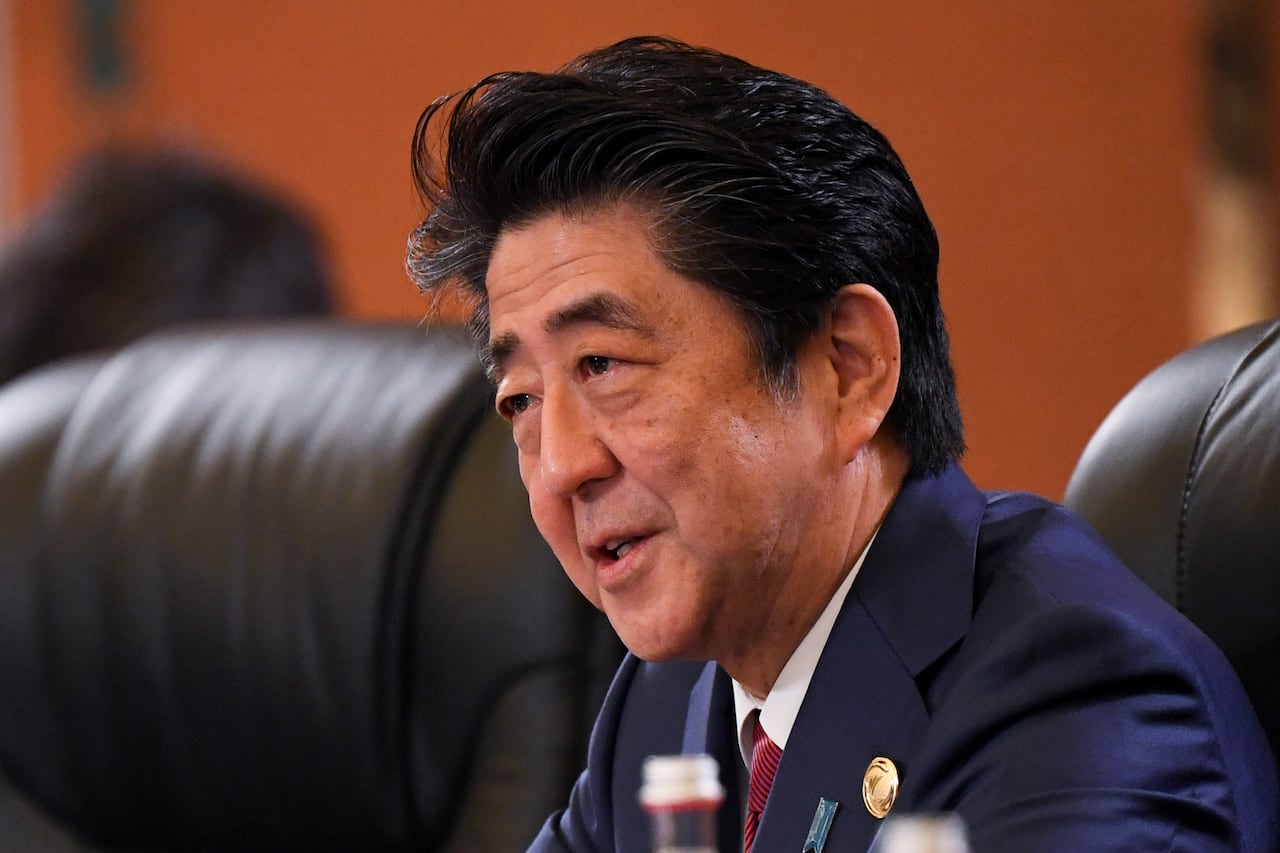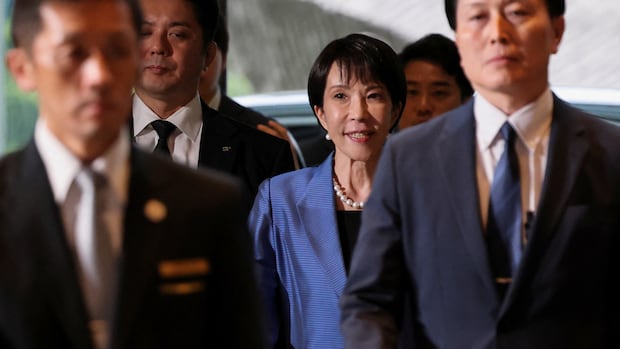Hardline conservative Sanae Takaichi was elected Japan‘s first female prime minister on Tuesday, shattering the nation’s glass ceiling and setting it up for a forceful turn to the right.
An acolyte of former Prime Minister Shinzo Abe and an admirer of Britain’s Margaret Thatcher, Takaichi received 237 votes in the lower house election to choose the next premier, topping the majority of the 465-seat chamber.
Her victory marks a pivotal moment for a country where men still hold overwhelming sway. But it is also likely to usher in a sharper move to the right on things like immigration and social issues.
Takaichi’s victory was secured after her Liberal Democratic Party, which has governed Japan for most of its postwar history, agreed to a coalition deal with the right-wing Japan Innovation Party, known as Ishin, on Monday.
Public anger over rising prices
After years of deflation, Japan is now grappling with rising prices, something that has sparked public anger and fuelled support for opposition groups including far-right upstarts.
Like Abe, Takaichi is expected to favour government spending to jumpstart the weakened economy. That has prompted a so-called “Takaichi trade” in the stock market, sending the Nikkei share average to record highs, the most recent on Tuesday. But it has also caused investor unease about the government’s ability to pay for additional spending in a country where the debt load far outweighs annual output.
Takaichi had enough votes to get the premiership, but to govern effectively she will need the backing of more opposition lawmakers, said Tadashi Mori, a professor of politics at Aichi Gakuin University.

“The two parties do not command a majority in either chamber and to ensure a stable government and gain control of key parliamentary committees, they will need to secure more than half the seats,” he said.
Any attempt to revive Abenomics could also run into trouble, Mori said, because it was devised to fight deflation.
“In today’s inflationary environment, further stimulus risks only weakening the yen,” Mori said.
During her campaign, Takaichi said defence and national security would be core pillars of any administration she led. She pledged to raise Japan’s defence spending, deepen cooperation with the United States and other security partners.
A frequent visitor to the Yasukuni war shrine in Tokyo that some Asian neighbors view as a symbol of wartime aggression, she has also called for a revision of Japan’s postwar pacifist constitution to recognize the existence of the nation’s military forces.





